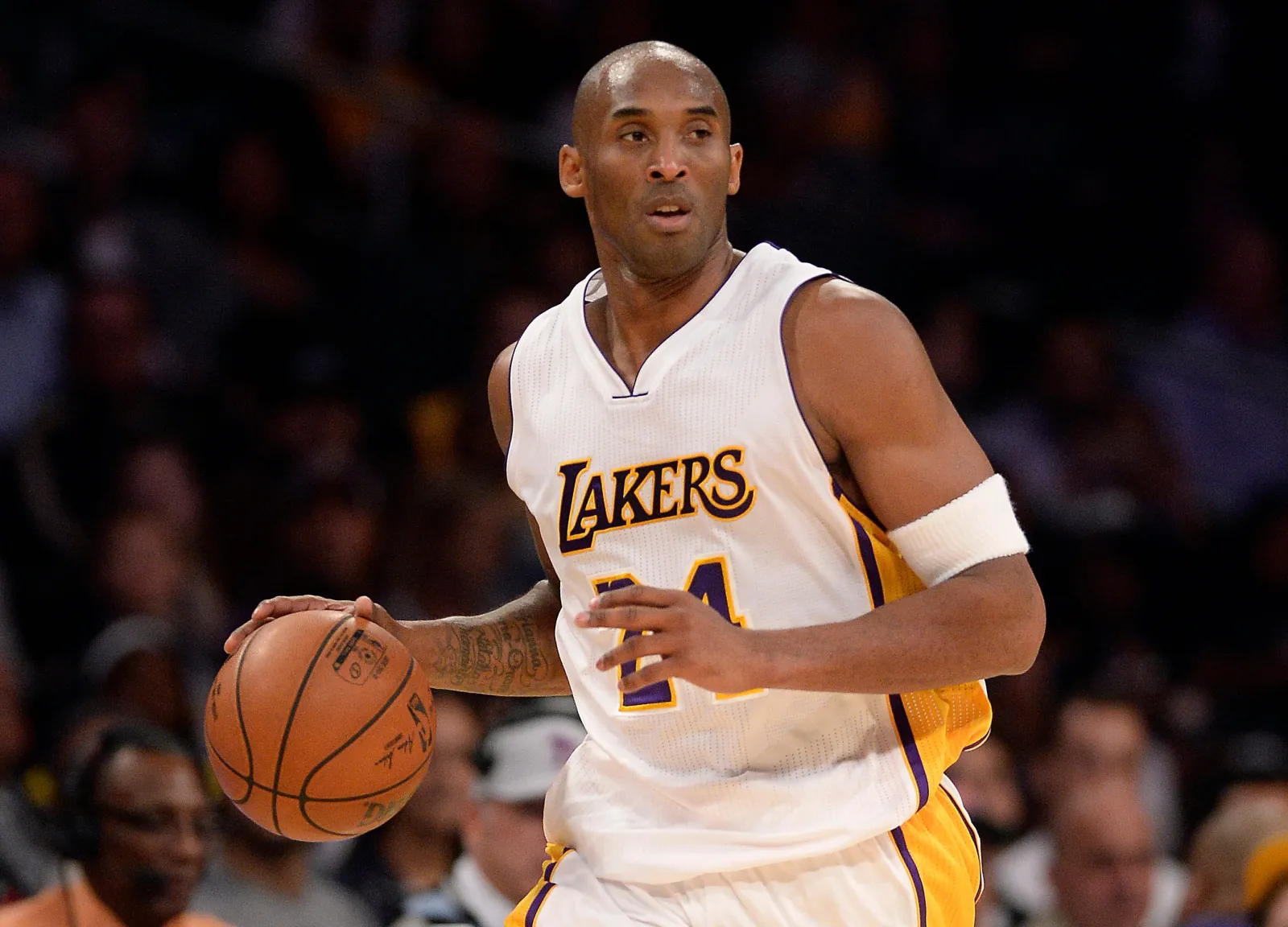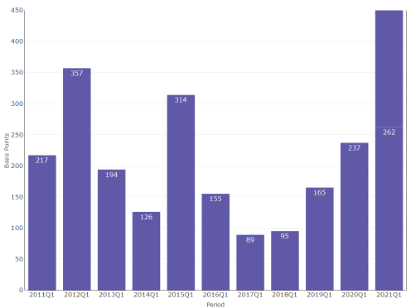It can be difficult to define personal greatness. For sports
stars, you can look at stats, you can look at championship rings, you can count
all the "stuff" that players might accumulate, but you still can't concretely
define greatness. Yet sometimes we all agree on the great sport stars, past or
present, are or were. Halls of Fame try to perpetuate this judgment for the
ages, and statistics databases will record for the ages, but even so, the broad
public memory of many true stars will fade. For example, do you know who led
the National League in home runs in 1972? It turns out it was Johnny Bench who hit 40 home runs for the Reds! Was he a great
hitter? Obviously! The fact I didn't know that without looking it up doesn't
change one bit the significance of his accomplishment in terms of what it
contributed to the Reds that year.
A more recent star most folks will recognize was Kobe Bryant. I am calling him out not for his specific (and staggering) accomplishments, but because of something he said that I think had a lot to do with the mindset that made him so great:
"I've played with IVs before,
during and after games. I've played with a broken hand, a sprained ankle, a
torn shoulder, a fractured tooth, a severed lip, and a knee the size of a
softball. I don't miss 15 games because of a toe injury that everybody knows
wasn't that serious in the first place." - Kobe Bryant

Sadly, Kobe was killed in a helicopter crash on January 26, 2020,
at the age of 41, and many of us will never forget hearing the tragic report.
It came back to me fully when I ran across this quote today. I paused to
remember Kobe, his greatness, and then I re-examined the quote. Maybe there was
a big message in there, about the path to greatness.
Most of us will never
be NBA superstars; okay, let's be honest, if you are reading this, you almost
certainly will not be an NBA superstar! If anyone reading this is actually in
the NBA, please send me an autographed shoe or article of clothing! Or maybe
some of my readers are high school phenoms with NBA stardom in their future?
Probably not, so maybe I had better connect Kobe's wisdom to a more accessible
endeavor, like investing?
Re-read the quote. If we look at managing money as being in
a competitive league, are we acting like we want to be superstars? Are we
acting like Kobe, probably with fewer physical injuries to fight through, but
perhaps struggling against something analogous?
If we look at managing money as being in a competitive league, are we acting like we want to be superstars? Are we acting like Kobe, probably with fewer physical injuries to fight through, but perhaps struggling against something analogous?
One challenge we face, Kobe never had to. It is not at all
obvious that even if we do great things managing money we will ever be
celebrated as "superstars." This is true for everybody you compete with, for
every money manager in the "league." So, what do most folks do? They try to
stay out of the way and try not to be noticed. Don't make waves. Don't
challenge the status quo. If they don't cause a problem, maybe they can last it
out and eventually take another role in the organization. Clearly, neither
they, nor their organizations, are expecting superstar performance; most
probably don't even believe it makes a difference.
This paradigm needs to be changed.
Think about this little-known Kobe Bryan fact: his first
year in high school in Merion, PA his team went 4-20. Yet by the time he graduated
they won the state championship for the first time in 53 years!
Can you as a money manager make that kind of impact on your institution?
Absolutely. Think about it - most people don't care! You are
competing in a field where the main strategy is to not fail. It's like you are
playing basketball in a gym class where every other player on both teams wishes
they had taken a "no-dress" instead. Your impact—if you try—can be huge.
According to SNL, the total return difference between the 20th
and 80th percentile investment portfolio performance among U.S.
banks for the most recent year (ending Q1 of 2021) was 262 basis points (see
graph below). You can see that this is a larger margin than in recent years,
but even in most of them, the difference is very large.
So, did these folks at or above the 80th percentile deliver
superstar results? I would say so. Think about it, the 10-year Treasury is
currently only at 1.28%, but top performers beat underperformers by nearly
twice that, a full 2.62%. Think how important that can be when so many bank
balance sheets are sitting on piles of cash earning essentially 0%. These folks
made a very big difference.

So, back to Kobe. Are the different results among investors
due to simple luck, or might it be that many of the players in the league are
sitting it out over a toe injury?
Some folks are lucky occasionally, but other folks deliver
these kinds of results year after year, and that cannot be down to simple luck.
These are the hard workers, the one who play when it isn't easy to do so. It's
not always easy, and as I have been discussing over the past couple weeks,
sometimes you'll make mistakes and must own up to them. Even more often, a
superstar investor will have assets that weren't mistakes, but didn't "score"
this time around. Kobe didn't make every shot he took, but that doesn't mean
that taking the shots he missed were errors. Taking the prudent shots, when
upfront cost-benefit analysis recommends them, is essential to delivering
long-term superstar performance. You won't make the cover of Sports Illustrated, but maybe someone
will start publishing Money Management Illustrated—I'd subscribe!
Kobe can't
teach us everything we need to know, but he does teach us one important thing.
His words remind me of the Antifragile topic I posted several weeks back. The
quote I emphasized in that post was:
"Taleb
opens the book with a poetic image that should speak to all parents. He notes
that wind extinguishes a candle but energizes a fire. He advises us not to be
like candles and not to turn our children into candles: 'You want to be the fire
and wish for the wind.'"
The Antifragile post has had me thinking since about idea that seeking greatness comes at a great personal cost, and Kobe's statement surely drives that thought home: broken bones, cracked teeth, sore knees, the whole thing.
None of us will likely ever play in the L.A. Forum or at Madison Square Garden, but we do get to play in a similarly competitive game we call the capital markets.
We could coast along, nursing minor toe injuries, or we can strive for
greatness, suffering the occasional bloody nose. If we strive for greatness,
and do the hard work to strive wisely, we can make a huge difference.
Final, final thought: I attempted to make pickles. Did not go great. I
need pointers. Please.
Fill out the form below to subscribe to my weekly blog.


